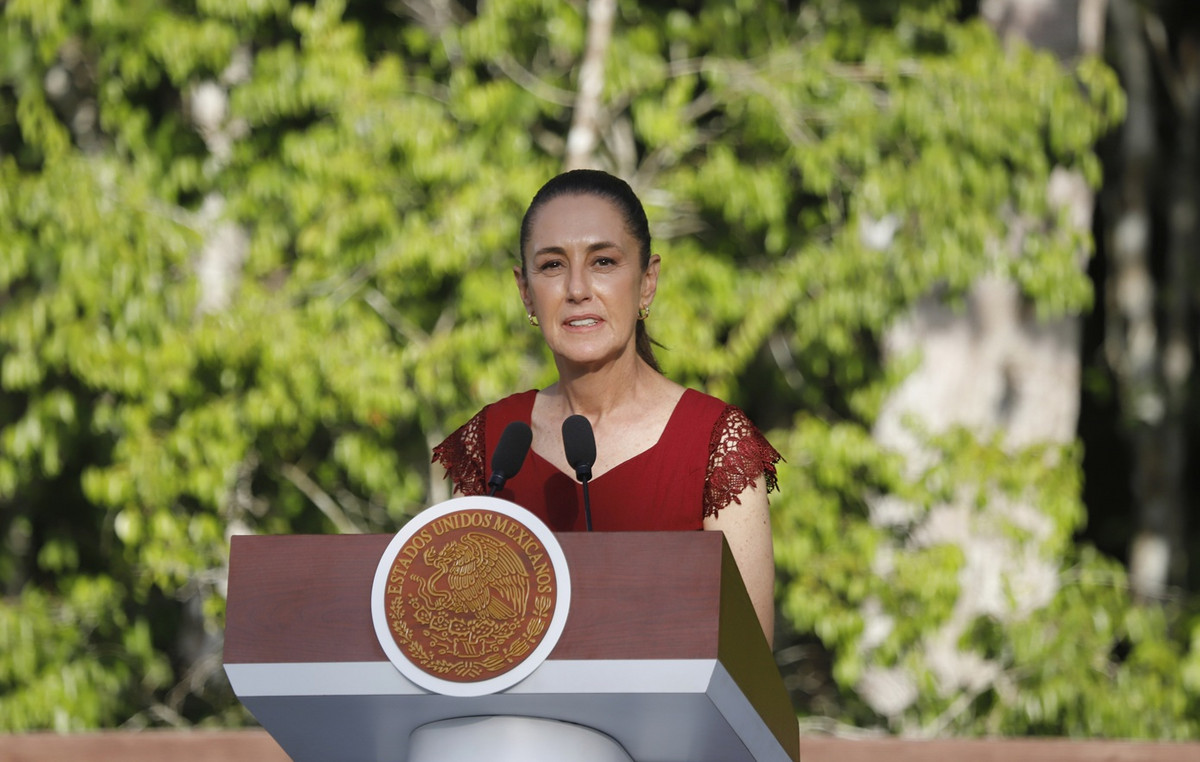European stock markets ended Wednesday with losses, with investors wary of tomorrow’s important meeting of the European Central Bank, where it is expected to announce the start of interest rate hikes from next month, as well as data on the stock market. USA on Friday.
The ECB has already said bond markets should be completed in the third quarter amid a rally in inflation to record lows, with analysts now waiting for the bank to raise interest rates for the first time in more than a year. decade, in July.
ECB President Christine Lagarde has also warned that inflation will remain high in the coming months, largely due to a sharp rise in energy costs following Russia’s invasion of Ukraine.
Investors’ nervousness, however, this week is fueled by the wait for inflation data in the US on Friday. The consumer price index in the world’s largest economy is expected to be slightly lower than the April measure in May, possibly signaling that inflation has seen its peak.
In the midst of this climate, the pan-European Stoxx 600 index fell 0.57% and closed at 440.36 points, far from the lows of the day, with the insurance industry leading the pressure, with a fall of 1.6%.
In Frankfurt, the DAX index ended the day 0.76% lower, at 14,445.99 points, in Paris the CAC 40 lost 0.80% and closed at 6,448.63 points, while in London the FTSE 100 closed with marginal losses 0 , 08%, at 7,593.00 units.
In the European region, the FTSE MIB index in Milan lost 0.53% to 24,236.67 points, while in Madrid the IBEX ended almost unchanged at 8,842.70 points (+ 0.01%).
In business, Credit Suisse shares closed up 3.8% despite initial losses after the bank warned it expected losses in the second quarter as a result of the war in Ukraine and rising interest rates.
The Danish maritime giant AP Moeller-Maersk, meanwhile, lost 8% amid speculation that easing supply chain restrictions would reduce container freight rates.
At the end of the day, data released today by Eurostat showed that the Eurozone economy grew faster in the first quarter of 2022 compared to the previous quarter, despite the outbreak of war in Ukraine.
In particular, in the final measurement for the period January – March, Eurostat announced that the GDP of the Eurozone grew by 0.6% from quarter to quarter and by 5.4% on an annual basis.
The latest figures are upwards after the initial measurement announced by the statistical service in mid-May. At that time, Eurostat had announced a growth of 0.3% from quarter to quarter and 5.1% on an annual basis.
Final data on the Eurozone economy showed that growth gained ground in the first quarter after the weak closing of 2021, despite the Russian invasion of Ukraine on February 24, which resulted in energy prices soaring and causing serious disruptions in supply chains. .
Growth had slowed significantly in the last quarter of 2021, to 0.2% from a quarterly expansion of 2.3% in the third quarter, according to Eurostat final data.
Source: Capital
I am Sophia william, author of World Stock Market. I have a degree in journalism from the University of Missouri and I have worked as a reporter for several news websites. I have a passion for writing and informing people about the latest news and events happening in the world. I strive to be accurate and unbiased in my reporting, and I hope to provide readers with valuable information that they can use to make informed decisions.







